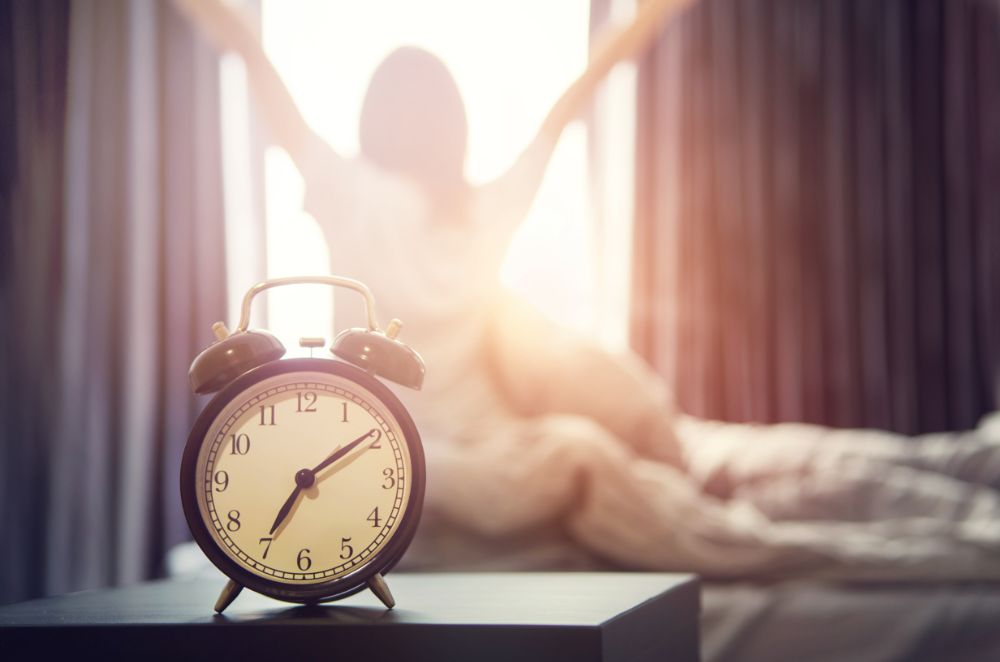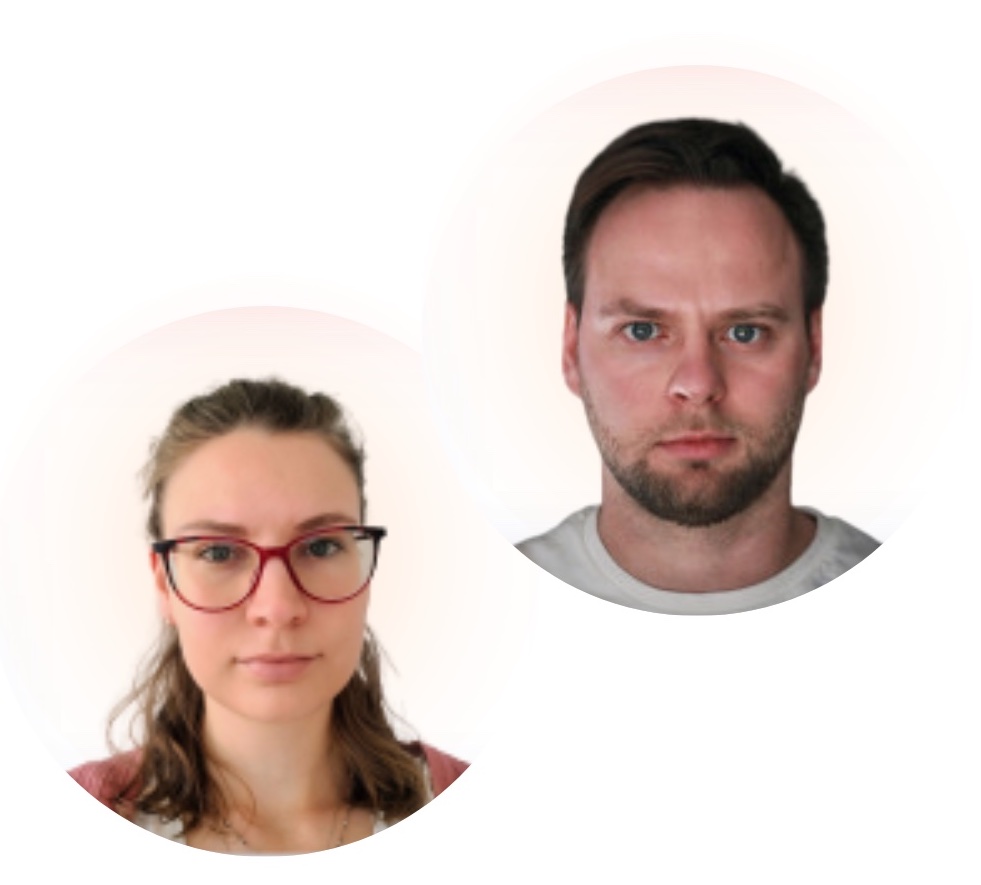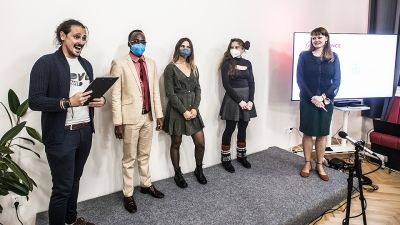"Do you sleep like a baby? and how are you doing?" was one slightly tongue-in-cheek question of interest to Michaela and Aleš Kudrnáč, a brother and sister team from the Institute of Sociology of the Czech Academy of Sciences and the Faculty of Social Sciences of Charles University who investigated how sleep relates to quality of life in a collaborative study. Based on an analysis of the responses of more than five thousand Czech male and female respondents, they found that the quality of life of individuals over time is much more significantly related to the quality of sleep than to its length or the so-called "social jet lag" - a mismatch between the social and biological rhythms of the sleep cycle. The results were published in the journal PLOS ONE.

Wake me up before you go go: Quality of sleep is more important than social jet leg, according to research by two CU researchers just published.
"Do you sleep like a baby? and how are you doing?" was one slightly tongue-in-cheek question of interest to siblings Michaela and Aleš Kudrnáč, who investigated how sleep relates to quality of life in a collaborative study. Based on an analysis of the responses of more than five thousand Czech male and female respondents, they found that the quality of life of individuals over time is much more significantly related to the quality of sleep than to its length or the so-called "social jet lag" - a mismatch between the social and biological rhythms of the sleep cycle.
“In the Czech population, it comes out that about 75 percent of adults suffer from social jet lag, 40 percent of them by more than an hour. That means, for example, that during the week you go to bed at 10 p.m., but on the weekend an hour or more later. Although this seems like a triviality, other studies show that sleep debt cannot be 'caught up' - that even if you sleep only an hour less, the body needs up to four days to compensate for the sleep debt,” syas Michaela Kudrnáčová, a Ph.D. student at the Faculty of Social Sciences at Charles University.
Quality is more important than length of sleep
“That sleep affects quality of life in itself is not that surprising - this is already known from previous studies. But we were surprised to find that the length or social jet lag does not play such a significant role, that the quality of sleep you do get is much more important,” the Kudrnáč siblings summarise, pointing out that there is little research examining the association of changes in sleep length, quality and timing on an individual's quality of life over time. The current publication is also the first ever study to test the long-term effect of social jet lag on the quality of life.
“A three-year follow-up of individuals showed that those with improved sleep also had improved perceived quality of life,” they told Forum magazine. “Although the results are based on a questionnaire survey and subjective assessment, we have the advantage of working with a sample of more than 5,000 male and female respondents from more than 2,000 Czech households, which we were able to follow individually and over an extensive period, while comparing them with each other.”
The data was collected as part of the Czech Household Panel Survey (CHPS), which ran from 2018 to 2020. In the analysis, the authors focused on questions relating to life satisfaction, well-being, happiness, subjective health and work stress, along with responses to questions relating to the length, quality and timing of sleep or 'social jet lag'.
What the data from the wide study of individuals showed
It is the long-term follow-up of many individuals that has yielded unique data. “Other studies that include more objective methods of measuring sleep, such as those from sleep labs, work with much smaller samples and are very consuming in terms of time and money,” says sociologist Kudrnáčová.
At the individual level, reported sleep quality was related to all five quality-of-life indicators except work stress. “In other words, people who experience better quality sleep also have a more positive perception of their quality of life than those who reported that their sleep is not of good quality,” explains Aleš Kudrnáč. The link between sleep quality and all quality of life indicators was also demonstrated when analysing the responses of individuals over time. “In this case, sleep duration was significantly related to feelings of health and happiness, and ‘social jet lag’ was significantly related to life satisfaction and job stress. However, neither sleep duration nor 'social jet lag' showed a correlation over time," Kudrnáč summarises.
However, according to the authors, the three-year period studied may not have been long enough to capture some of the changes in, for example, job changes that could account for 'social jet lag' when changing working hours. In addition, the last wave of the survey may have been influenced by the Covid pandemic, which presented an emergency situation for sleep patterns and quality of life in the spring of 2020.
“Nevertheless, the results of the analyses show that better sleep means better quality of life. Although when and how long we sleep is important, individuals who have better quality sleep also have better quality of life, regardless of the time and duration of sleep,” say the authors, stressing that they did not examine what conditions or influences sleep quality in this study. “We relied on the subjective assessment of the respondents. Sleep quality is addressed in many other studies.”
|
General recommendations for better quality sleep
|
Sibling cooperation
How did the idea for sibling partnership on research actually come about? “When I was going through the data from the Czech Household Panel Survey, I was intrigued by the sudden drop in life satisfaction, which seemed to be somehow related to sleep,” recalls Aleš Kudrnáč, who was working as a postdoctoral fellow in Sweden at the time. Coincidentally, his sister Michaela was also in Sweden on a study placement. “Thanks to this, we had a little more time for each other and the idea of joint research was born out of our discussions together,” summarise the siblings, who agree cooperation was more than worth it and believe that it will continue in the future. Albeit probably on a slightly different topic.



















